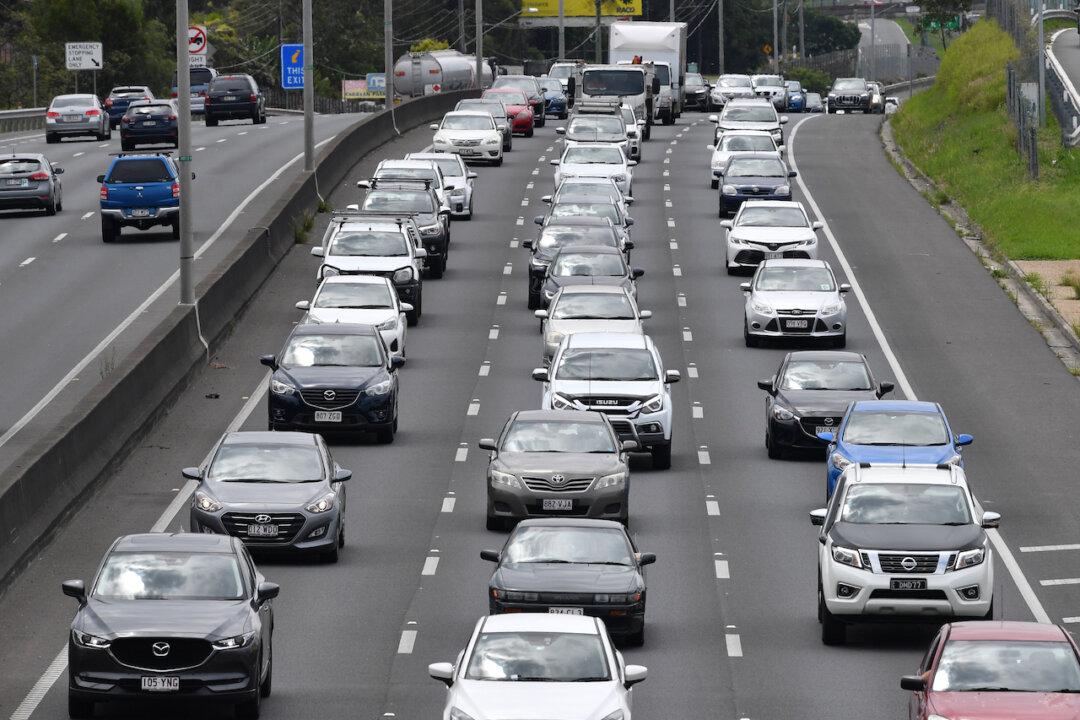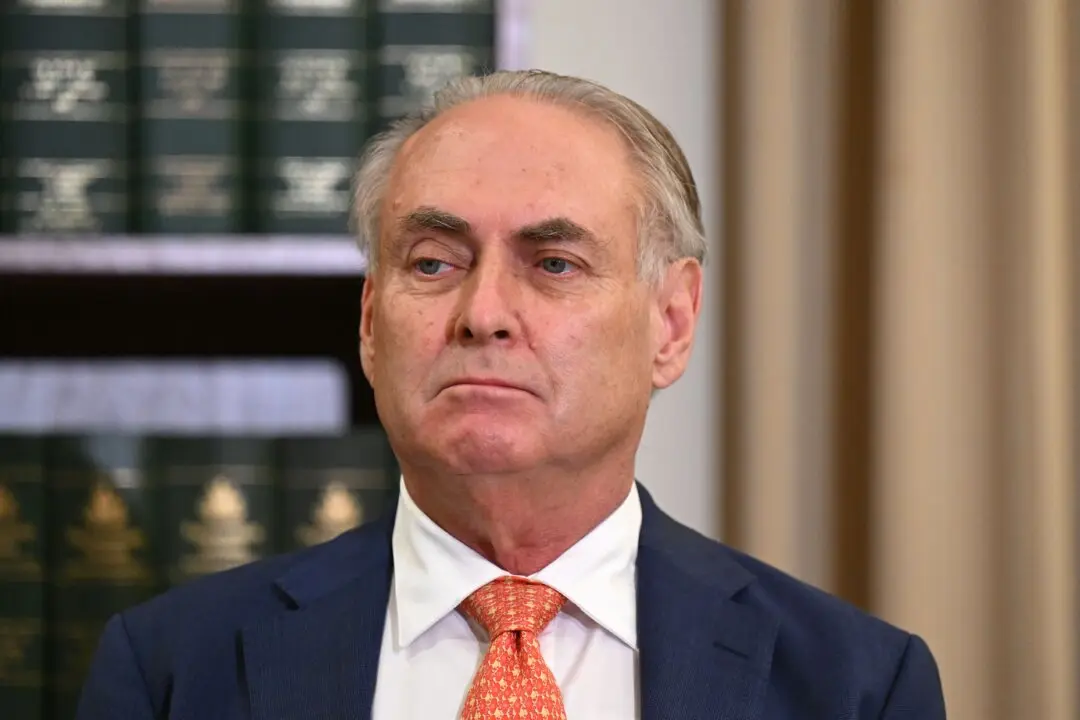Cost of living pressures have failed to dampen Australia’s enthusiasm for the automobile, with car sales reaching new heights in 2023 despite successive interest rate hikes.
The Federal Chamber of Automotive Industries revealed on Jan. 4 that Australians bought 1,216,780 cars last year, eclipsing the previous annual record set in 2017 by more than 27,000.
The result is the culmination of a three-year comeback after COVID-19 decimated supply chains and caused new vehicle sales to slip below one million in 2020.
“This extraordinary result is a testament to the adaptability and resilience of both industry players and consumers alike,” the chamber’s chief executive, Tony Weber, said.
“Despite the supply chain disruptions faced in recent times, consumers now have greater access to a broad range of choices, fostering increased accessibility in the market.”But as consumers expend pent-up demand fuelled by COVID-era supply shortages, the industry is readying itself for a slowdown in 2024.





